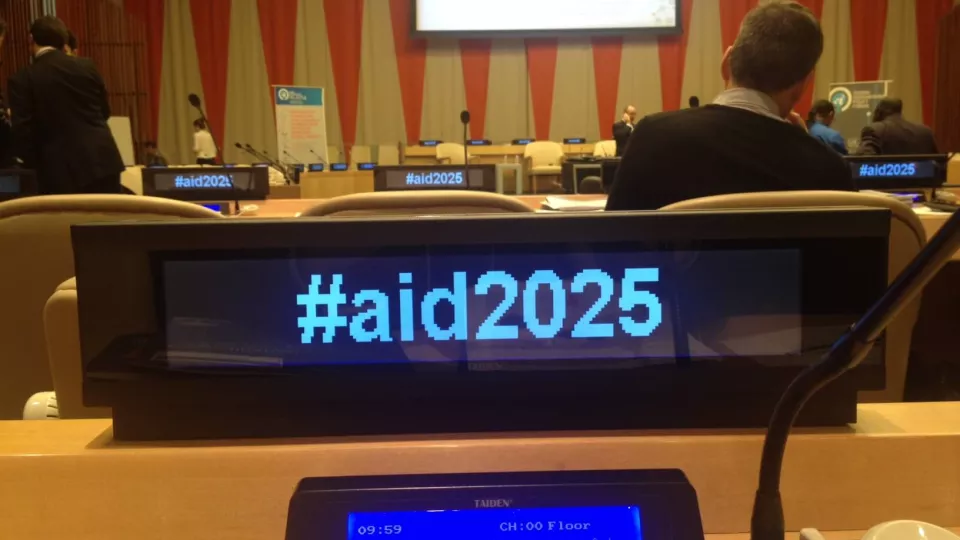
Humanitarian interoperability: Is humanitarianism coming of age?
At the heart of the December 2014 UNOCHA global humanitarian policy conference was the concept of “humanitarian interoperability”.

At the heart of the December 2014 UNOCHA global humanitarian policy conference was the concept of “humanitarian interoperability”.
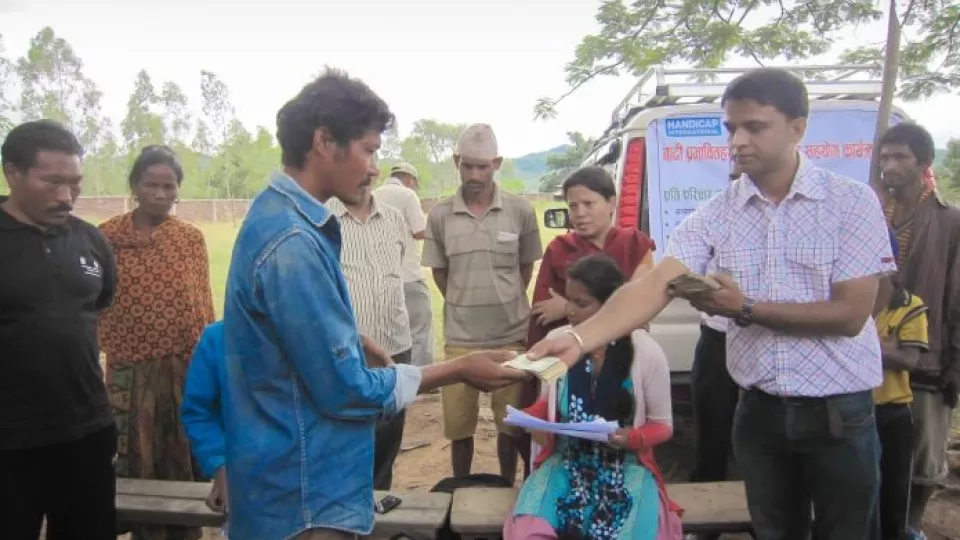


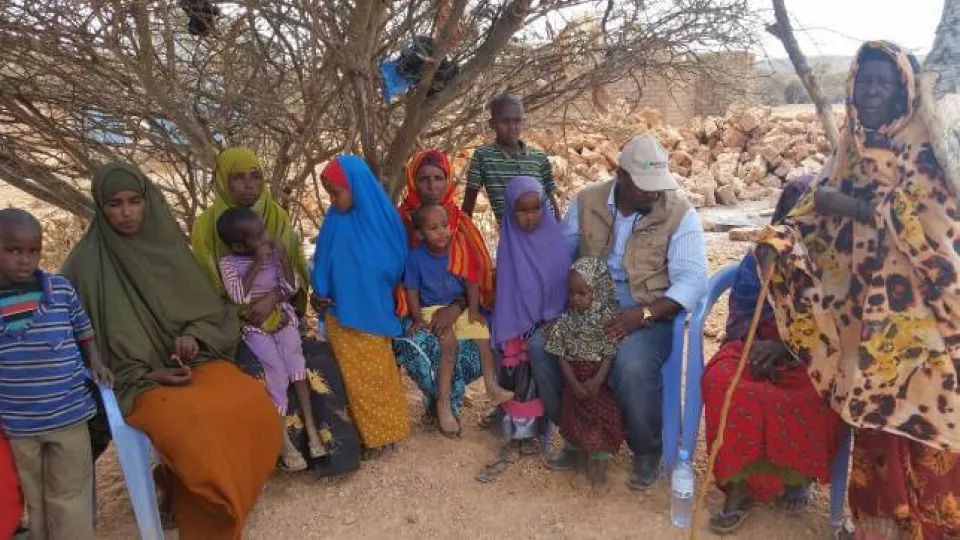
Using the 1% to implement minimum standards in downward accountability in Puntland
A double alert for the Start Fund has resulted in an activation for two simultaneous crises in Somalia and Nigeria.
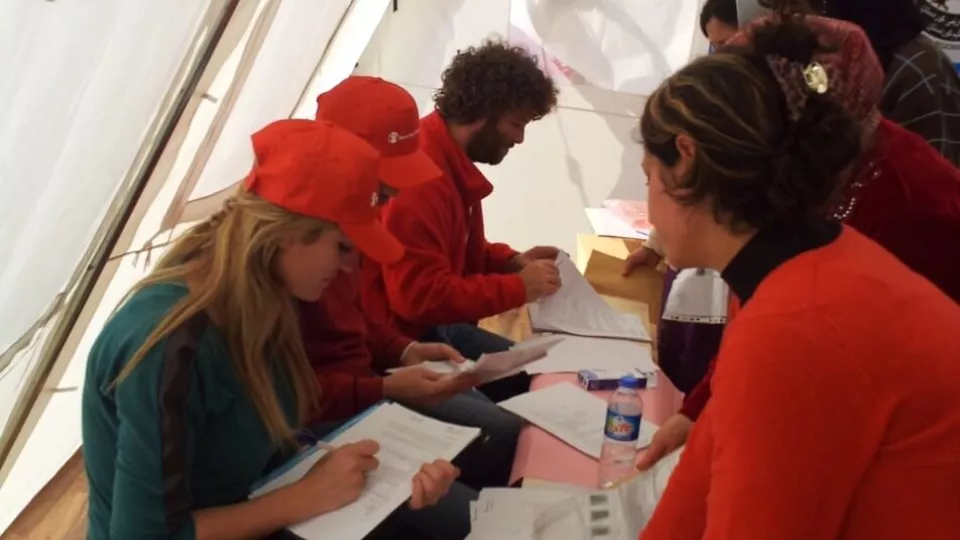
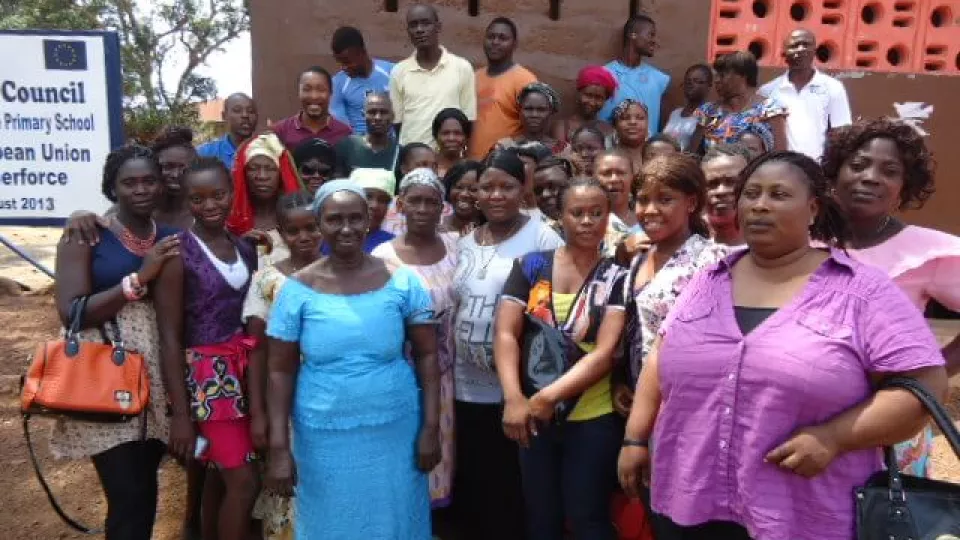
On Friday a committee of humanitarian experts in Goma, Democratic Republic of Congo, decided how to allocate £200,000 from the Start Fund for response to the recent fighting in North Kivu.